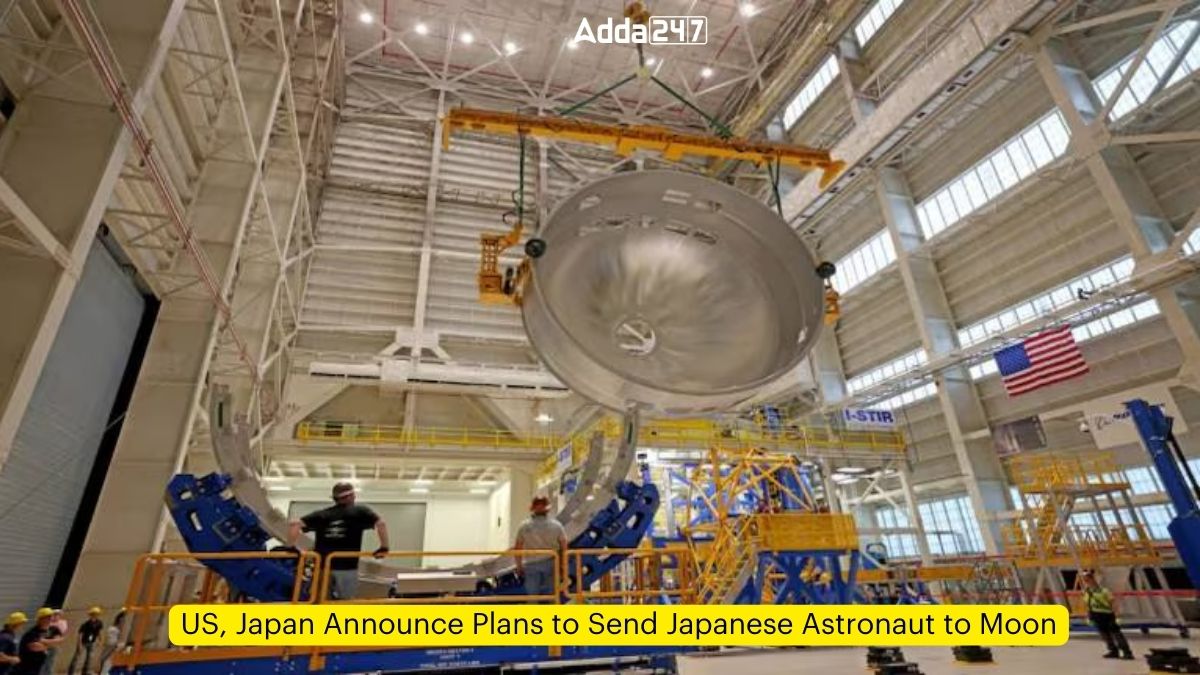In a joint announcement, President Joe Biden and Japanese Prime Minister Fumio Kishida revealed that Japanese astronauts will join future NASA lunar missions as part of the Artemis program. This move is seen as a strategic effort to strengthen economic and defense ties between the United States and Japan.
Biden stated that “two Japanese astronauts will join future NASA lunar missions, and one will become the first non-American ever to land on the moon.” This pledge marks a significant milestone in international space cooperation and the ongoing race to return humans to the lunar surface.
Artemis Program and Space Diplomacy
The Artemis program, led by NASA, aims to return astronauts to the moon as early as 2026, more than half a century after the last Apollo mission. The Biden administration has been actively using the space program to engage with friendly nations and compete with China’s growing space ambitions.
Expanding International Participation
The inclusion of Japanese astronauts in the Artemis program is part of the Biden administration’s broader space diplomacy strategy. Earlier, the US announced that NASA would work with India’s space agency on a joint mission to the International Space Station, and India also agreed to sign the Artemis Accords, a US-backed initiative to establish guidelines for activity on the moon and in space.
Competing with China
The move to include Japan in the Artemis program is also seen as a way to counter China’s efforts to establish a research base on the moon. While China has not signed the Artemis Accords, it has managed to garner support from countries like Azerbaijan, Belarus, Egypt, Pakistan, and South Africa for its own lunar plans.
By involving key allies like Japan in the Artemis program, the United States is strengthening its position in the global space race and demonstrating its commitment to international cooperation in the exploration of the moon and beyond.




 Geneva to Host AI Summit 2027 & UAE ...
Geneva to Host AI Summit 2027 & UAE ...
 India-Brazil Seal 10 Big Deals: A New Po...
India-Brazil Seal 10 Big Deals: A New Po...
 AI Impact Summit 2026 Concluded As 89 Na...
AI Impact Summit 2026 Concluded As 89 Na...








